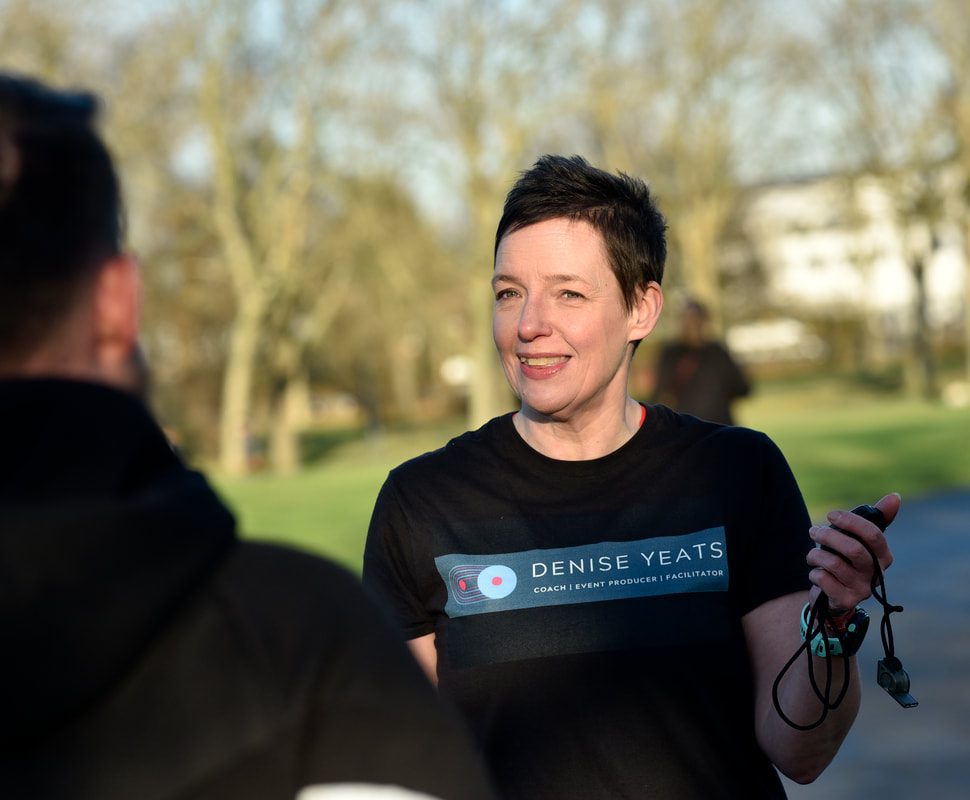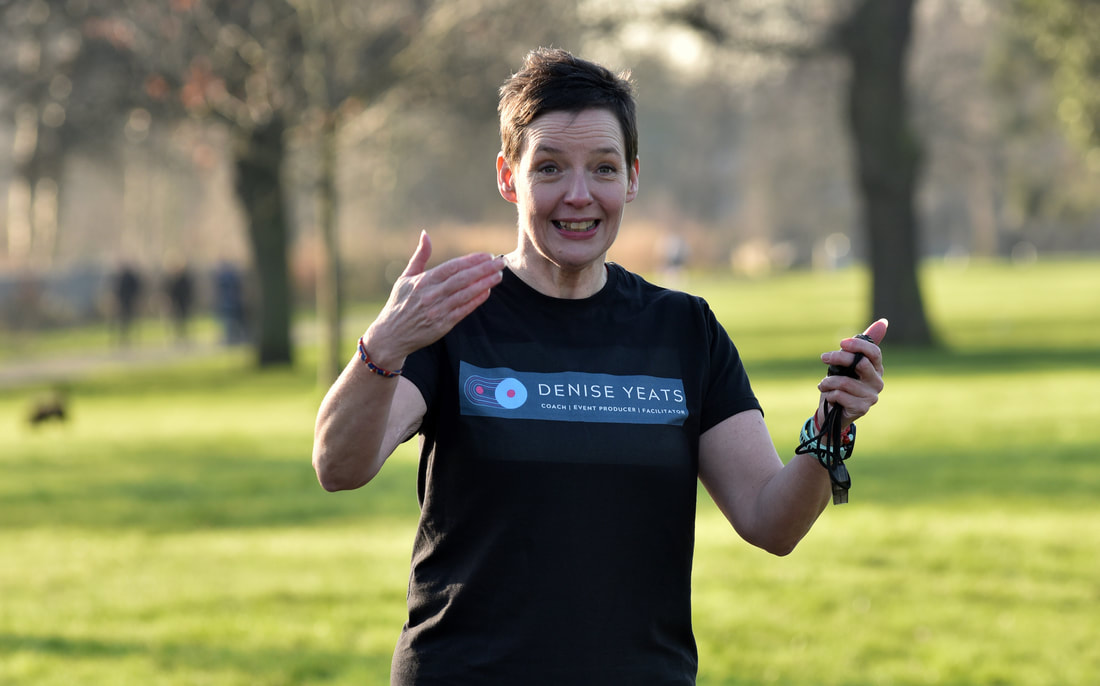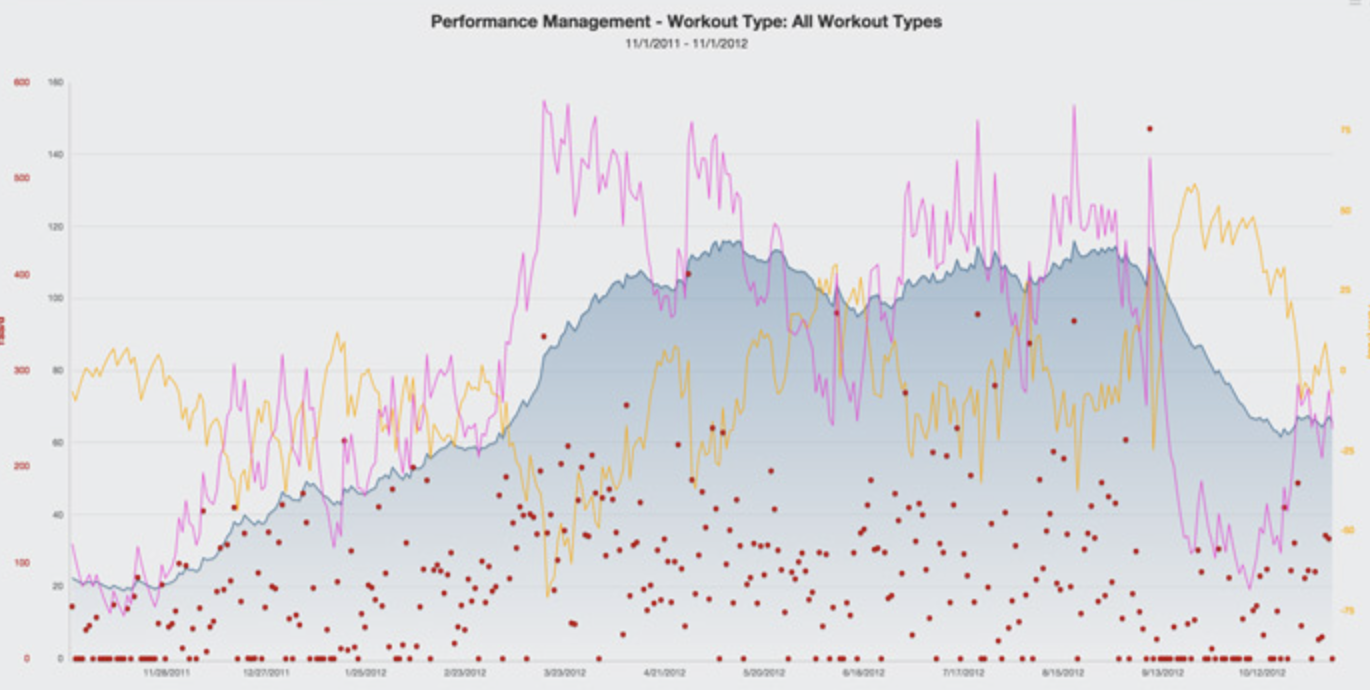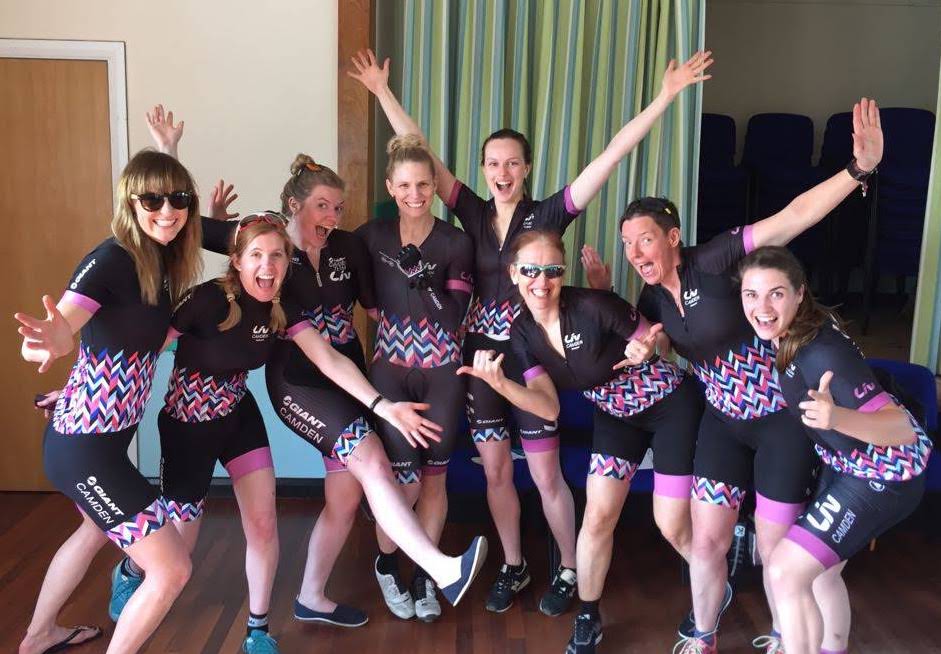|
For many people, working with a coach makes the difference between just training and doing focused workouts to meet a goal. Yet many are initially hesitant about hiring a coach. One of the most common questions I hear is “Aren’t coaches just for athletes?” Well the dictionary definition of an athlete is “a person who is trained or skilled in exercises, sports, or games requiring physical strength, agility, or stamina.” According to track and field coach and Nike co-founder Bill Bowerman, “If you have a body, you are an athlete.” So let’s start by embracing that identity. If you are reading this, the chances are you are probably participating in a sport, so by definition that makes you an athlete. Another concern about having a coach can be justifying the cost. I believe like everything in life, if there is someone more qualified at something than I am, then why would I use my own precious time trying to learn that skill? From physiotherapy to accountancy, there are a range of aptitudes that I am not going to try to teach myself. Hiring a coach provides you with an ally and guide who can help you achieve your goals, manage your time, and take the guesswork out of your training. Let’s take a closer look at what a coach can do for you. Gives you structure For many athletes, setting up the structure of their training is the hardest part. There are many components involved in how you prepare for your event. Factors like experience, goal time, time to train and others all come into play. Many athletes go out and do whatever they feel like on any given day. Haphazard training like this is not the best way to get faster. A coach will build structure into your training in a scientifically proven way that will maximise your performance on race day. How many of us really train smart and understand when and how to focus on muscular endurance or anaerobic sessions during our training season? A coach will harness principles such as periodisation, specificity and peaking to construct a macrocycle that will allow you to get the most out of your training. Saves you time (and energy) Generic training plans, like ones that can be downloaded from the internet are difficult to stick to, and are probably not ideal for anyone (let's not even start on the fact that most of them are devised around the male physiology!). Likewise building your own training plan can be technically difficult and often leads to anxiety that you're missing something. This undermines your confidence and often leads to poor planning and chaotic training. The majority of athletes have limited time to spend training, so ensuring that every session matters is key. Having a coach takes the guesswork out of your scheduling – they will create a plan that works with your schedule and directly addresses your strengths and weaknesses. This frees you up to have one sole focus: getting the training done. This is mentally liberating and allows you to channel your energy into nailing workouts. Provides Accountability and Motivation Daily training, whilst effective, can also be draining. From hard tempo runs to long bike rides, the training can be daunting at times. Discipline requires will-power, which is a finite resource and even the best of us can run out of it. Having a coach invested in your success and monitoring your workouts simply makes it easier to tackle your workouts. Those little voices in your head that question why you need to bother, or who will know if you miss a workout subside when you have someone holding you accountable. Remember – even coaches have coaches for this reason. Having someone else to cheer you on and push your limits can make all the difference. Having a coach to encourage you through training, even on the difficult days can keep you on track to reach your goals. When you have support you can reach higher. I love hearing how not only the physical, but the mental side of coaching has inspired my athletes to great things with comments like this: “With Denise’s help I discovered how to find empowerment in my fear, how to tap into my inner potential, how to celebrate every step along the way..." Shares experience and knowledge Many people learn with trial and error but having a coach can eliminate a lot of those trials so that you have fewer errors in training and racing. Their expertise should eliminate the learning curve for you. Endurance training in particular can be addictive, and overtraining is a real concern. Having someone else to monitor not just your daily workouts but your overall health can keep you from overdoing it. For many athletes, taking a rest is the hardest part of training. Going too hard, too often can lead to injury, something no athlete wants to experience. Having a coach pull back your training before an injury happens is highly valuable. Does the analysis for you Doing the training is one thing, but how do you dissect that information afterwards? It can be overwhelming and time consuming. As well as heart rate, power and so on, a good coach will be familiar looking at data such as efficiency factor, intensity factor, TSS and many more metrics. Not only that but coaches who offer 1:1 analysis sessions on your form in any of your disciplines are invaluable. Swimming in particular is such a technical sport, with so many nuances that it is hard for an athlete to really know what their stroke looks like, yet when corrections are made it can a significant difference. Reactions like this make me smile: “Thank you Denise, finally, with your help I am getting faster and I now love swimming!” What about female specific coaching?
Well of course this is something I am passionate about. In the same way that no two athletes should be treated the same or given an ‘off the shelf’ training plan, women should not be training using the same protocols as men. In the words of Dr Stacy Sims “women are not small men”, yet as most physical training research has historically been conducted on men, this is exactly what has happened – many training plans are produced for men and ‘shrunk’ for women. At the most basic level, the standard training structure of progressive overload followed by a short de-load on a standardised ‘3 weeks on, 1 week off’ pattern frequently applied to men does not permit women to take advantage of optimal training adaptations the way they can if they match their training intensity to their physiology and hormone levels. But this is a much bigger subject which I will go into in my next blog, so watch this space….
0 Comments
Leave a Reply. |
AuthorDenise Yeats is a coach, personal trainer, endurance athlete and avid adventurer. She is passionate about supporting women to achieve their goals, working with, not against their changing physiology. Archives
July 2024
Categories |
Proudly powered by Weebly






 RSS Feed
RSS Feed